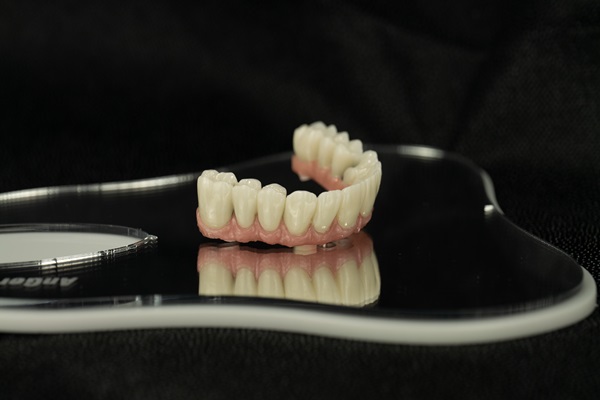 Having a root canal treatment for your tooth infection can give you relief. This condition can be debilitating. It can prevent you from performing your daily tasks. The discomfort can even hinder your nutrient intake. If you want to know how a root canal treatment can help you with your tooth infection, here are the details.
Having a root canal treatment for your tooth infection can give you relief. This condition can be debilitating. It can prevent you from performing your daily tasks. The discomfort can even hinder your nutrient intake. If you want to know how a root canal treatment can help you with your tooth infection, here are the details.
What a dental pulp is
The tooth’s pulp chamber or pulp is the central part of a tooth. It is a soft, delicate part containing connective tissue, nerves, and blood vessels. The nerve of the tooth is in the legs or root of the tooth. These root canals go from the tip of the root to the center pulp. The nerve is not that crucial to the tooth’s function and health after it erupts. It only has a sensory function to detect cold and hot temperatures.
The reason for removing the pulp
A damaged pulp starts to break down. Bacteria start to overwhelm the chamber. This results in pulp abscess or infection. The infection forms a pus-filled pocket at the end of the root. This is an urgent call for root canal treatment.
An infection in the root canal can result in bone loss at the tip of the tooth root. Swelling can spread to the head, face, or neck. The drainage can extend toward the side of the tooth. This opening will release pus to the inner lining of the cheek.
How the root canal treatment can treat the tooth nerve infection
The dentist will take a digital X-ray to see the status of the patient’s root canals and the extent of the infection. Then, the dentist will inject a local anesthetic into the area near the affected tooth. The nerve is already dead at this point. Some patients may not need anesthesia anymore. The anesthetic will ensure a painless procedure. This will make the patient relax during the procedure.
A rubber dam will isolate the tooth and keep it dry. Then, the dentist will drill an access hole into the affected tooth. This will allow the dentist to remove the infected pulp. Root canal files will help accomplish this task. It will scrape and clean the pulp chamber. The dentist will use sodium hypochlorite or water to flush out the debris.
After disinfecting and drying the tooth, the dentist will place medication inside the tooth. This will clear the chamber of infection. Some dentists wait a week before sealing the tooth. Others complete the root canal treatment on the same day. This often needs a temporary filling on the exterior hole. This prevents contaminants from entering the tooth.
The last appointment will involve sealing the tooth with gutta-percha. Tooth restoration will happen as well. The dentist will place a custom-fit dental crown over the treated tooth. A strong adhesive will keep the drown in place. This restoration will hold the tooth together. It will protect the tooth from further damage or infection.
A root canal treatment can treat the tooth nerve infection and restore the tooth
The dentist will use this therapy to relieve the pain and inflammation caused by nerve infection. Root canal treatment is not painful at all. It is a crucial step in regaining your dental health. An appointment with your dentist can help prepare you for your upcoming root canal treatment.
Request an appointment or call Hemet Dental Center: Brian Stiewel DDS, INC. at 951-707-4366 for an appointment in our Hemet office.
Recent Posts
Root canal treatment might be recommended if you have a damaged, decayed, or infected tooth. The procedure is usually recommended when the damage to a tooth leaves its pulp chamber compromised. This is the sealed-off, innermost layer of a tooth that houses its blood vessels and nerves. The pulp chamber of a tooth being opened…
Decaying teeth do not ever stop decaying without treatment. A root canal treatment becomes necessary to save the tooth, especially as an infected tooth can lead to significant pain. Treatment is painless. The only discomfort you will feel is at the end after the dentist finishes the treatment.From local anesthesia to dental dams, it is…
Root canal treatment is often the last course of action to save teeth that have been severely damaged or infected. A tooth might become damaged due to trauma to the face or tooth decay destroying its structures.The procedure has a bad reputation as one of the most painful treatments performed by dentists, but patients usually…


